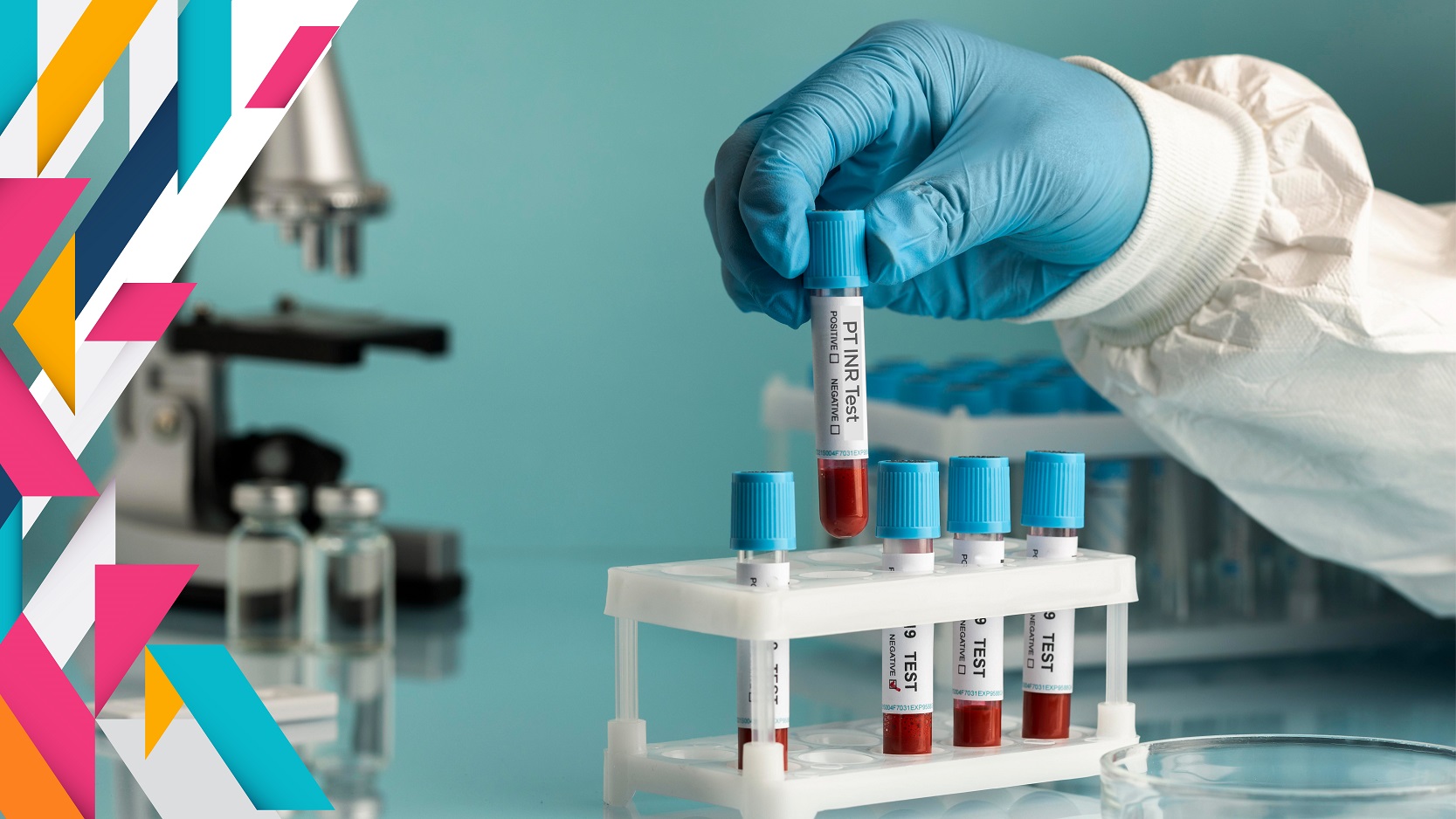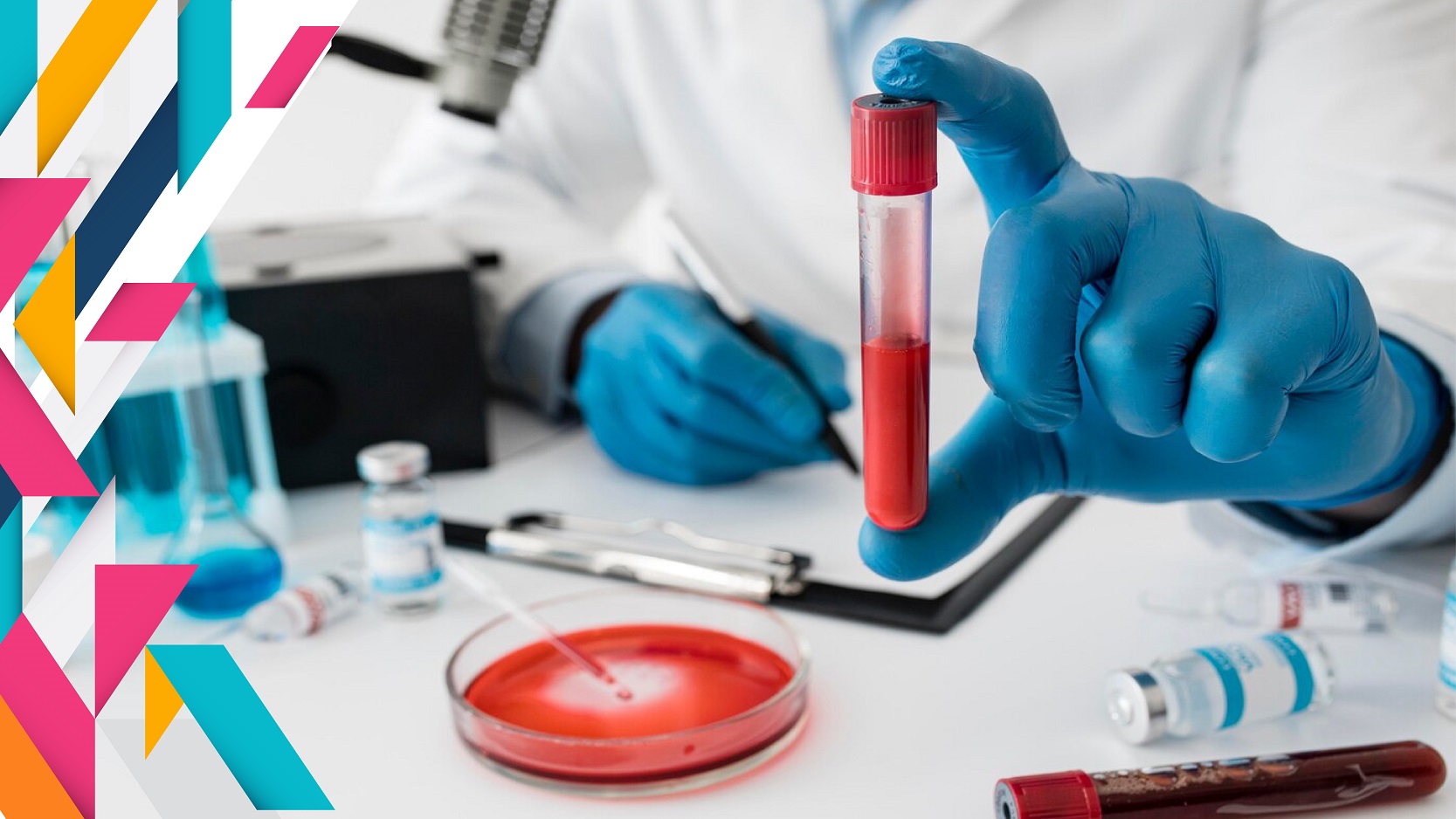A doctor has to know in how many seconds the blood clots after a sample is taken. PT is a prothrombin (protein) time test done to examine how quickly blood clots. This protein is produced by the liver and is one of the many factors which aids clotting. This test produces varying results in different labs. Hence, an international normalized ratio (INR) is created. It helps doctors to understand the results and act accordingly.
Avigna Diagnostics explains the requirements for PT INR testing in patients through this article.
Reasons for the PT INR test
- When a person is injured, bleeding is stopped by coagulation, an important process as blood vessels get damaged and break.
- Patients taking warfarin are monitored for blood thinning. It is an anticoagulant which prevents blood clots. Doctors can change the dosage during the treatment.
- Abnormal blood clots also may be a reason to evaluate and examine with a sample.
- The test may be done before surgery if the specialist doubts the ability of the patient’s blood to clot.
- If the patient is suspected of having a chronic liver disease this test may be necessary. Those who are waiting for a liver transplant will also undergo this test. People undergoing the last stage called MELD are required to take this test.
- Reasons for unexplained bleeding in a person or bruising.
- Heavy nose bleeding.
- Heavy menstrual bleeding in women.
- Deficiency of Vitamin K which is critical for clotting.
- DVT or deep venous thrombosis determination.
- Haemophilia, which is a bleeding disorder.
The importance of PT INR blood tests for patients is related to prevent the loss of this vital fluid in the body.
Some symptoms show up before a doctor advises the PT/INR test. They are:
- Swelling or tenderness in the legs.
- The skin around the legs becomes red or dark.
- Warm feeling in the legs.
- Breathing problems or a rapid heartbeat.
- Cough and pain in the chest.
How is the PT/INR test done?
The PT INR test patient preparation is done by taking a blood sample from the vein or the fingertip. It is collected in a vial for examination. In case the patient takes warfarin the dosage is delayed for the test to be successful. The doctor or surgeon will inform you about any other special instructions a patient needs to follow. There are no risks when the tests are conducted at home or in the lab.
A doctor may ask the patient to undergo more testing in case of a bleeding disorder or liver disease. In case of the latter additional tests may be required. They include:
- Aspartate Aminotransferase (AST)
- Alanine Aminotransferase (ALT)
The PT is measured in seconds, once the sample is taken. The ideal reference range is between 11 to 13.5 seconds. It will help to determine if the person is anticoagulant or not. If it takes more time the blood clot is delayed and if the number is on the lower side it means clotting is faster than normal.
A patient is not required to fast. However, if the person has eaten food rich in Vitamin K then the results are skewed. Hence, patients are advised not to eat dark green veggies, beef or soybeans.
Blood clotting test at Avigna Diagnostics is done by expert and experienced technicians. They detect the speed of clotting for a medical examination when the blood escapes the vessel. Come to any of our labs for an accurate PT/INR examination. Based on the values, we present the report to the doctor for further action.
Related Keywords:
Blood Clotting Test, Blood Test, PT INR, PT INR Blood Test











Comments by admin